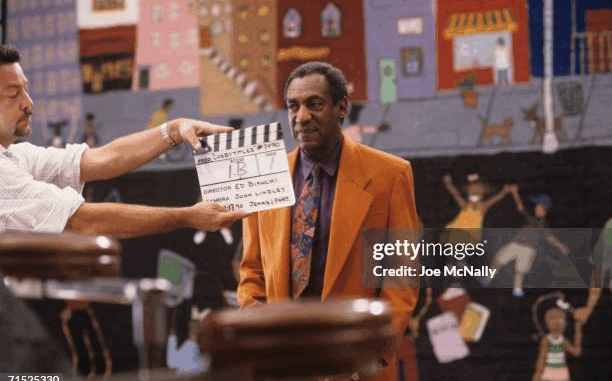
Long before shows like Black-ish or Abbott Elementary explored the intersection of race, family, and education, The Cosby Show had already laid the groundwork. Premiering in 1984, this groundbreaking sitcom didn’t just make America laugh — it taught. And one of its most enduring legacies is the way it used entertainment to inspire a generation to value education.
More Than Just a Sitcom
At first glance, The Cosby Show appeared to be a standard family comedy. But beneath the jokes and jazz-infused transitions was a powerful message: education is not only a tool for success — it is a core value.
Both Cliff and Clair Huxtable were highly educated professionals, and their children were expected to pursue excellence in school and life. Their dinner-table discussions often revolved around homework, grades, and future ambitions. Even when comedic chaos ensued, the takeaway was clear — knowledge mattered.
Shaping Young Minds
During the show’s peak in the late 1980s, researchers began to notice a remarkable shift: college enrollment among African American youth was increasing. While many factors contributed to this rise, cultural analysts frequently credit The Cosby Show and its spin-off, A Different World, for sparking a newfound aspiration in Black households.
A Different World, which followed the college experiences of Huxtable daughter Denise and her peers at a fictional HBCU (Hillman College), took this educational focus even further. It showed young people navigating campus life, tackling social issues, and — most importantly — taking pride in higher learning.
Education as Identity
What set The Cosby Show apart was how seamlessly it wove education into its characters’ identities. The Huxtables didn’t just talk about school — their careers, hobbies, and parenting styles were all infused with intellectual curiosity.
This approach subtly but powerfully reframed the narrative around Black excellence. In a media landscape that too often marginalized African American intellect, The Cosby Show insisted otherwise: that brilliance, drive, and dignity were not exceptions — they were the norm.
Creating Role Models on Screen
The Huxtable children each represented a different educational journey: Theo struggled with dyslexia but persevered. Denise explored non-traditional paths. Sondra pursued law school. These stories resonated because they were real — not all paths to success were linear, but all were valid.
For many young viewers, these characters served as mirrors and motivators. The show didn’t preach; it portrayed. And in doing so, it gave young people permission to dream bigger.
Conclusion: Lessons That Last
While The Cosby Show will forever carry the complicated legacy of its creator, its cultural contribution remains undeniable. It shifted how a generation viewed education — not as a burden, but as a birthright. And it did so with warmth, humor, and intention.
In classrooms, living rooms, and policy discussions, The Cosby Show helped shape a cultural moment where education was celebrated — not just as a means to an end, but as a lifelong journey worth taking.